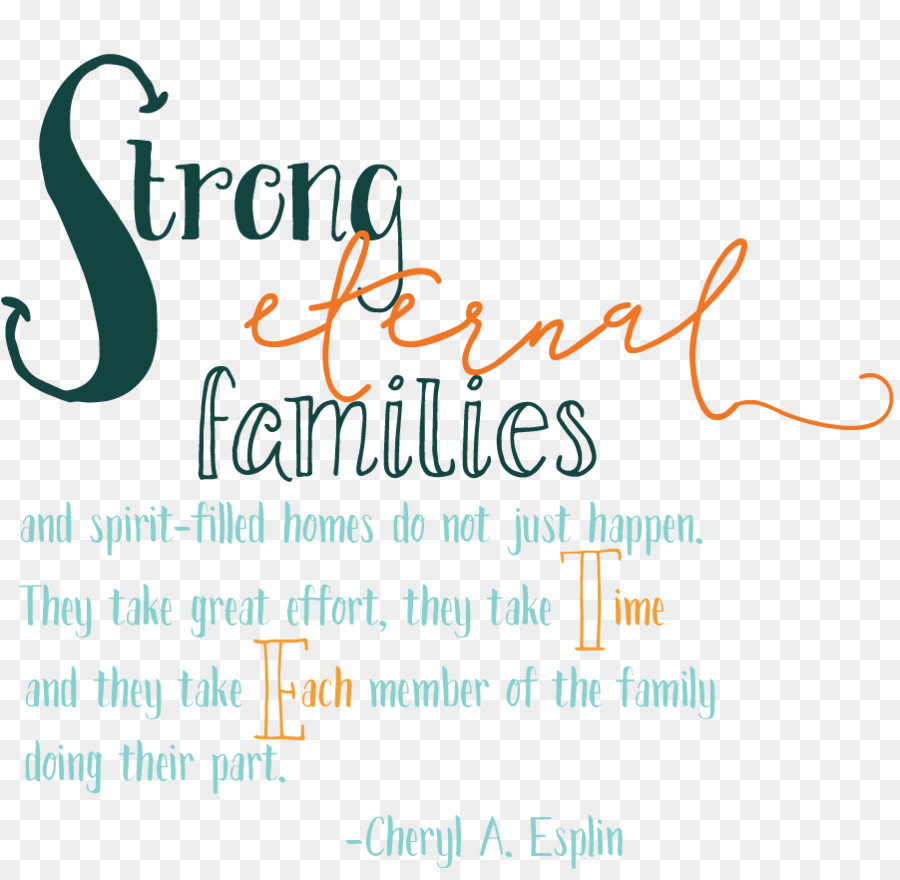
As a society, we are
prideful. We take pride in our material
possessions, our accomplishments, our family, and our activities. Elder Dieter
F. Uchtdorf said, “Every mortal has at least a casual, if not intimate
relationship, with the sin of pride. No one has avoided it. Few overcome it.” President Ezra Taft Benson gave a General
Conference talk thirty years ago. He talked about the sin of pride. He said, “I
earnestly seek an interest in your faith and prayers as I strive to bring forth
light on this Book of Mormon message—the sin of pride. This message has been weighing heavily on my
soul for some time. I know the Lord wants this message delivered now.” (Benson 1989) That statement causes me to note the
importance of his message. He continues,
“Pride is a very misunderstood sin, and many are sinning in ignorance.” To
briefly summarize his talk and touch on the features of pride, I will use the
acronym PRIDE.
- Pit
our will against God’s—My will, not thine be done.
- Rebellion—we resist God’s word and the spiritual guidance from our leaders
- Increasingly offended—we look for excuses to be the victim.
- Disobedience—power
struggle against someone in authority over us.
- Enmity toward God and our fellowman. Enmity is feeling hatred or hostility.
Pride manifests itself in
every aspect of our life. I am guilty of this sin even though I may not
recognize my actions as being prideful. In marriage, pride can tear a
relationship apart. In the book,
“Drawing Heaven into Your Marriage,” H. Wallace Goddard states, “When we are
feeling irked, annoyed, or irritated with our spouse, we have our back toward
heaven. We are guilty of pride.”(2009) I don’t know of a married couple who hasn’t
felt annoyed or irritated with each other in their relationship. However, those who can overcome the sin of
pride, will make amends and look for the good in one another.
How can we overcome
pride? In his talk, President Benson
tells us, “The antidote for pride is humility—meekness, submissiveness. It is the broken heart and the contrite
spirit.” (Benson)When we are humble, we
apologize for our offenses. We recognize
our imperfections and shortcomings, but we don’t beat ourselves up because of
them. We pray for guidance and help in our daily activities, then listen to the
promptings of the Holy Ghost. We acknowledge the strengths and talents of
others and lift them up. We don’t take on the attitude, “it serves them right”
when something bad happens to someone else, instead, we show compassion and
charity.
I love the Primary song,
“I’m Trying to be Like Jesus.” If we
follow the advice given in the song’s chorus, we can overcome pride and build
relationships within our family and community.
Try to show kindness in all that you do.
Be gentle and loving in deed and in thought,
For these are the things Jesus taught."
References
Benson, E.T., General Conference (1989) “Beward of pride”, Retrieved from https://www.lds.org/general-conference/1989/04/beware-of-pride?lang=eng
Goddard, W.H.,PhD, (2009) Drawing heaven into your marriage. Cedar Hills, UT: Joymap Publishing


